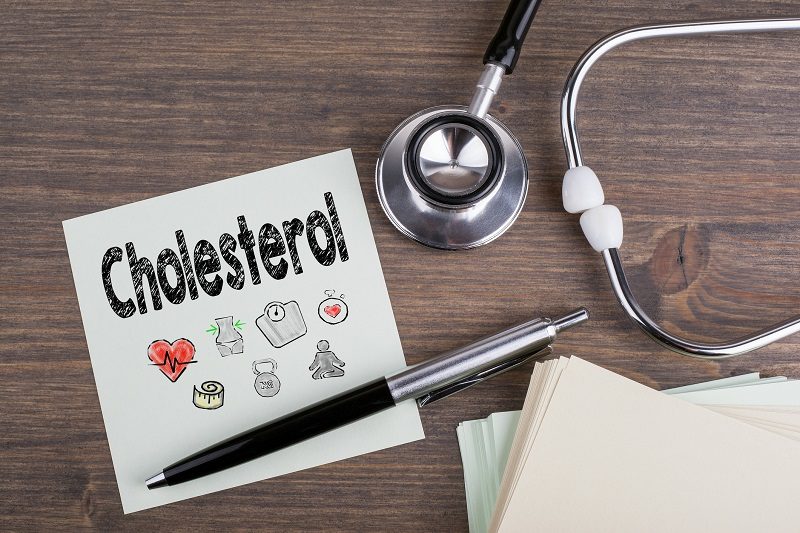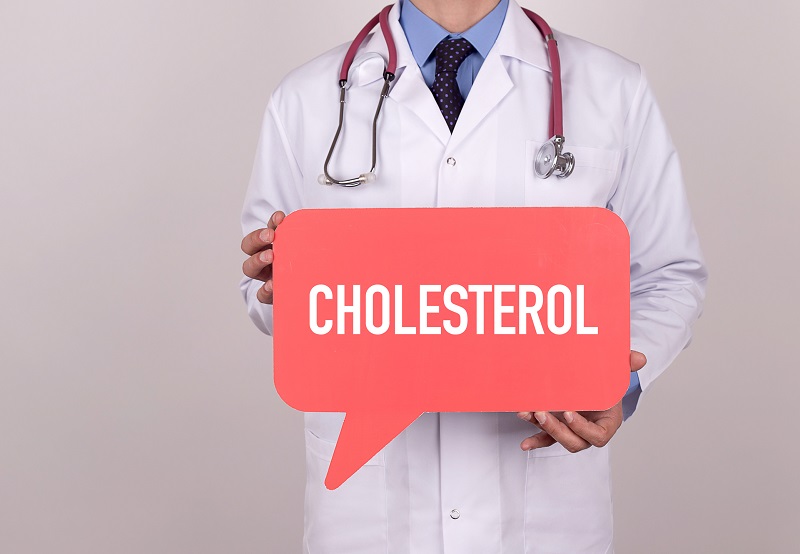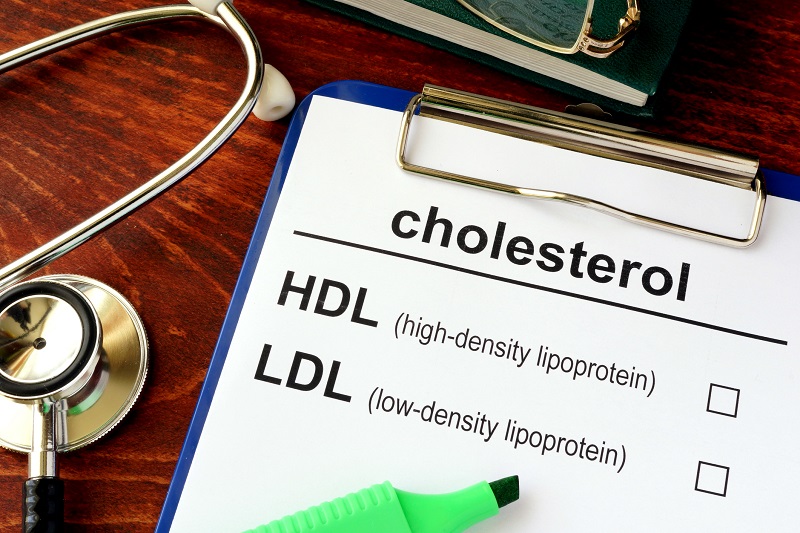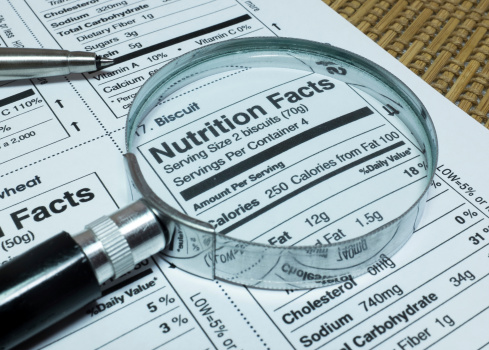Cholesterol: Everything You Need to Know
Article posted in: Diet & Nutrition
Cholesterol has a reputation as a bad actor that wreaks havoc in our bodies and should be strenuously avoided in our diets. But we almost never hear about what cholesterol actually is, where exactly it comes from, and why it is so undesirable. To help you understand the real facts and make healthy choices each day, we’ve put together this simple guide to everything you need to know about cholesterol and how it affects your health.
Check out all the details on cholesterol, its effects and how to keep your levels in a healthy range:
What is cholesterol?

According to information published in the U.S. National Library of Medicine, cholesterol is a waxy kind of fat that’s in every cell in your body. Among its many functions, cholesterol is necessary for the production of hormones, and it helps you digest food and absorb the nutrients. Two kinds of cholesterol are found in your body—high-density lipoprotein (HDL) and low-density lipoprotein (LDL). HDL carries the fats to your liver, which prepares the cholesterol to be expelled from your body. Because it helps remove excess fats, it’s often referred to as the “good cholesterol.” LDL, the “bad cholesterol,” brings fats to your arteries, where it can accumulate and inhibit the free flow of blood from your heart to the rest of your body.
Where does cholesterol come from?

Your liver makes all the cholesterol your body needs for healthy functioning. But foods that are high in saturated or trans fats prompt your liver to make more cholesterol than you need. Red meat and full-fat dairy products are common sources of dietary saturated fats. Excessive saturated fats and trans fats from food are the source of concern about its impact on your health and cholesterol levels.
Your genetic makeup also influences the amount of cholesterol in your body, but smoking, diabetes and being sedentary or overweight can lead to lower levels of good cholesterol (HDL) and increase the bad cholesterol (LDL), too. Most people’s cholesterol levels begin rising naturally as they age.
How does too much cholesterol affect you?

According to the American Heart Association, when your body has high levels of LDL cholesterol, the extra fats bond with other substances to form plaque, which are thick, hard deposits on the walls of your arteries. Plaque narrows the passageways through your arteries and makes them less flexible, a condition doctors call “atherosclerosis.” When a blood clot forms in a blocked artery, your risk of suffering from a heart attack or stroke rises dramatically.
Excess cholesterol also can increase the likelihood that your body will produce gallstones, which are hardened yellow deposits as small as a rice grains or as large as a golf ball. They can block the ducts of your gall bladder and cause intense abdominal pain.
What are healthy cholesterol levels for you?

Your doctor can administer a blood test known as a “lipoprotein panel” that measures your body’s cholesterol. The results report on your total cholesterol, the HDL and LDL levels, and the amount of triglycerides (another form of fat) in your body. The American Heart Association recommends that you begin to get a lipoprotein panel every four to six years starting at age 20. After age 45, men should be tested every other year, as should women older than 55. If you have other risk factors for heart disease and other related conditions, your doctor may recommend even more frequent testing. Be aware that excess cholesterol and plaque can begin building up when you are young—in some cases, even when you are a teen. That’s why experts advise testing when you turn 20 years old.
Healthy cholesterol levels for most adult women are 50 milligrams or more per deciliter of blood of HDL (good cholesterol) and less than 100 mg/dl of LDL (bad). For adult men, the HDL is 40 mg/dl or more, and the LDL level should also be below 100 mg/dl.
What can you do to ensure your levels stay in the healthy range?

Good news: Your Nutrisystem plan is a major step in managing your cholesterol levels. Following a meal plan that is low in saturated fats and excess calories may help to reduce your LDL-cholesterol levels. Better yet, maintaining your healthy weight may increase the HDL cholesterol in your body, which helps further decrease the bad cholesterol.
Chronic stress has been linked to higher levels of LDL cholesterol in some people. Regular low-impact physical activity, such as walking, reduces stress and actively encourages your body to make more HDL and lower your LDL level. If you are a smoker, quitting the habit also will bring down your LDL cholesterol levels.
These are measures all of us can take to improve our cholesterol profile. In cases of people whose bad cholesterol remains high despite the lifestyle changes, physicians can prescribe medications that can help manage it. You should discuss whether these are appropriate for you with your healthcare practitioner.
Get started with leading a healthier lifestyle today with the help of Nutrisystem!










